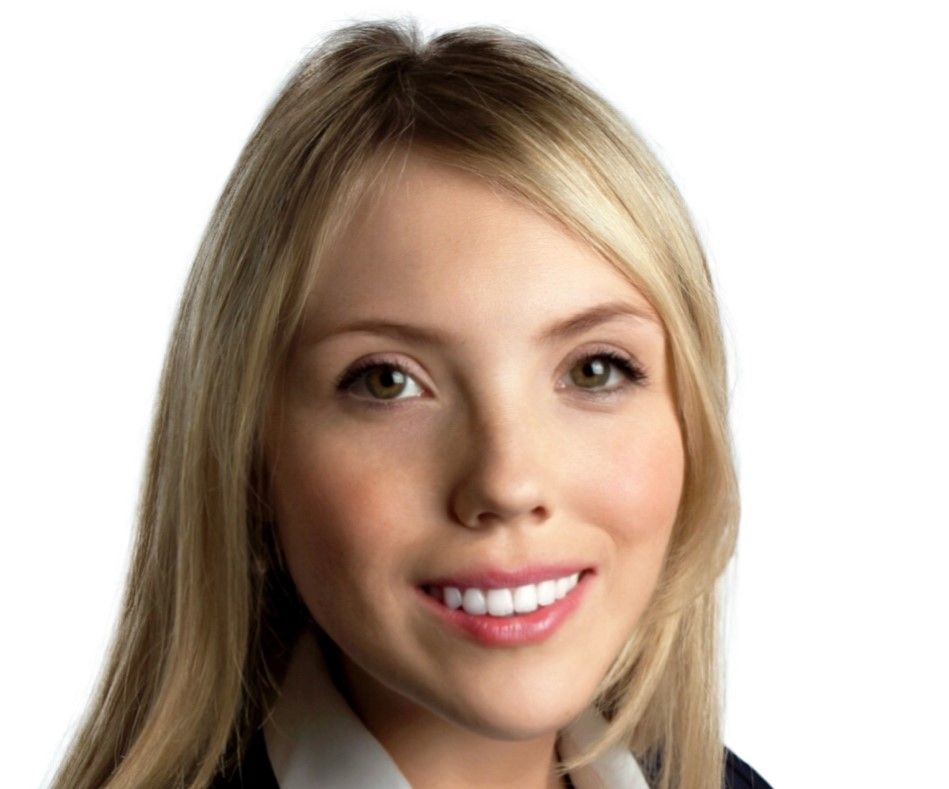The small number of regional ESG products on the market is potentially causing unintended biases when creating managed portfolios, it has been warned.
Janus Henderson’s senior portfolio strategist Sabrina Geppert (pictured) and head of portfolio construction Adam Hetts shared their concerns with ESG Clarity that biases are unintentionally building up in fund portfolios when asset allocators are shifting from traditional investing to sustainable investing.
Geppert, based in London, explained: “Sustainable investing for our clients in the UK and abroad is quite a recent topic but it comes with a lot of unintended risks.
“We are looking at thousands of portfolios every month, and it is clear the ESG trend has evolved, but there are issues when companies transition from a traditional model to a sustainable model as there are only a fraction of the possible options available.”
See also: – IT stars, sneakers and webinars: WFH with Janus Hendersons’s Ama Seery
Hetts, based in Denver, gave the example: “Say you are transitioning a traditional portfolio into a sustainable portfolio. The traditional portfolio has a Japanese equity strategy so you look for a sustainable Japanese equity strategy to replace it with but there are only one or two, and they might not be on a platform that is accessible.
“What tends to happen is a global sustainable equity strategy is used instead. That’s not a good or bad choice, but it’s different and means there are unintended risks, such as biases and concentration, that are sneaking into these models.”
Currently, Morningstar classifies 10% of the European fund universe as sustainable, and this drops to just 5% when looking at the US fund market, they said.
As Geppert mentioned, there are still thousands of products to choose from and ESG Clarity covers numerous ESG fund launches coming to the market every week. But Hetts highlighted there is still some way to go to be able to swap like-for-like.
“The growth we are seeing in products is huge, but we are still coming from a low base. It will be a long time before the industry satisfies the demand for breadth of products,” he said.
Geppert added it is the kind of products that are being brought to the market that is an issue too.
“There are lots of new product launches but what we want to see is more regional options and opportunities, rather than more and more global sustainable equity funds.
“Asset managers need to research where the demand is, rather than adding another global sustainable equity product to the ones already out there.”
Both predict the number of sustainable funds on the market will grow as demand increases but also as the number of companies that meet ESG credentials also rises. Hetts said: “Even in sectors you wouldn’t expect, say, five to 10 years ago, such as energy, there are sustainable companies popping up as the demand from the customer is there. More and more companies are operating and identifying as sustainable.”
But the pair also dismiss the idea that ESG investing is a market fad or in a bubble.
Geppert commented: “If you had asked me two years ago if this was a trend or a bubble I would have said maybe but not now. Companies have picked up that it has become part of our day-to-day lives to live sustainably, it’s a long-term change.”
Hetts added: “Calling it a bubble is calling the peak or the top of this industry. There are so many global secular trends in this space, we are still in the very early stages of this theme.”








